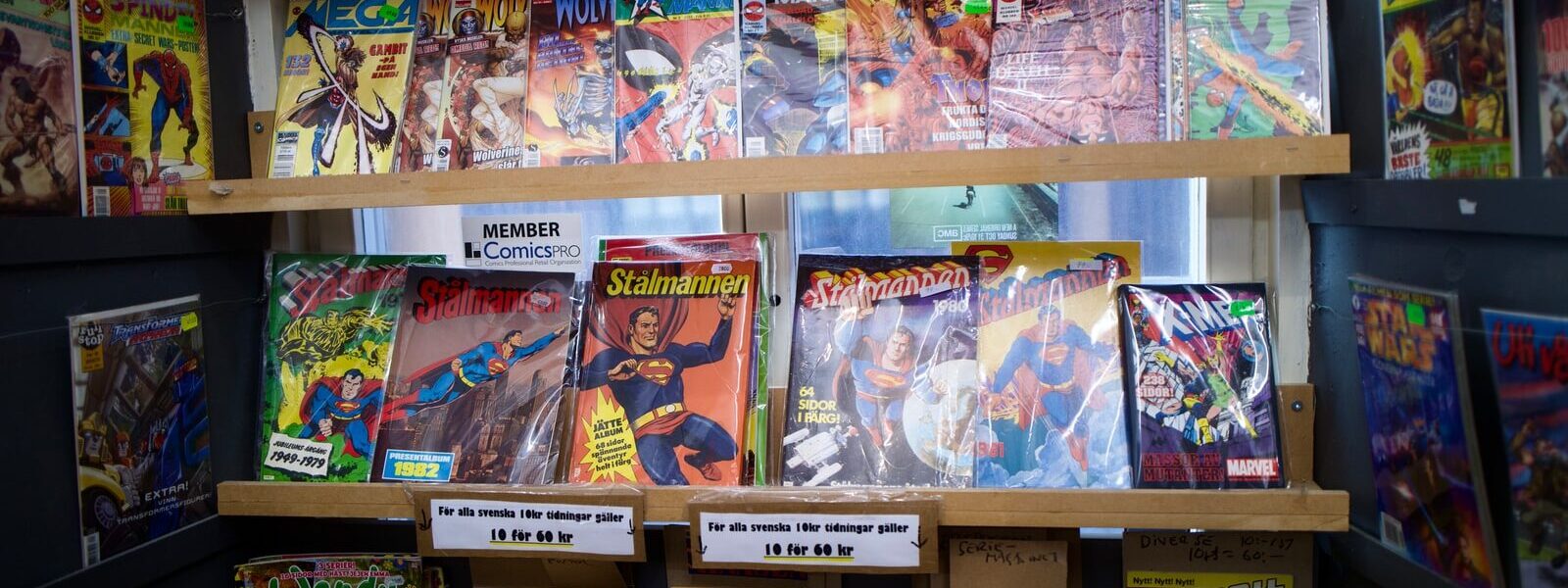Short show, short afterthoughts!
The Thursday pre-recording schedule strikes again! Nintendo Direct was huge after we had already made the show, so here is a link to the details if you haven’t seen them already. N64 games on the Switch, FINALLY! Sega games too! I’m still hoping they bring the Gameboy (Color) collection in as well, but at least we are getting more value from our Nintendo Online subscriptions.
This week we talked a little about how the chain of events that bring stuff to us is completely broken, and I wanted to be able to expand on that without boring everyone asleep who might be listening to us in their cars.
The issues start with how we ship things around in the first place, with something called “just in time” logistics. Basically anything you see in any store at any time has shown up to that store in the last week. Stores don’t generally keep stuff “on hand”, and what you see on the shelves is their entire supply (the exception being stuff that is too physically big to fit on the shelves in the first place). There is no “back room” storing things, and stores that do have a space like that mostly use it to sort things coming in by truck.
The problem with that kind of system is that if the trucks stop coming for any reason, you only have a week or less worth of supply to sell. Once that week is up, the shelves will be EMPTY. This is true of almost any product you can think of in any store.
So enter a global pandemic, and then add a historic labor shortage on top of it. There aren’t enough people doing the jobs required to get something from where it is made to where you can buy it. You would expect this to hit products that come from China, and it certainly is. Just try ordering something that ships direct from overseas and see how long it takes to show up. My bet would be months. But what about stuff on the shelves at your local stores? How about Nike shoes? Or even booze? Literally nothing is safe.
“Ok Ben, but what about digital goods? Those should be safe because they don’t actually ship anywhere.” How about your favorite TV shows and movies? Enter the labor crisis again. Remember the 2007 writers strike, and how many shows that killed? Say hello to his big brother, the looming IATSE strike. IATSE is one the biggest unions to represent the “little people” of Hollywood. The skilled labor that goes into every movie, TV show and commercial for lighting, set building, hair and makeup and a million other things that people forget go into producing media is largely represented by this union, and they are on the verge of walking out.
These aren’t jobs that can just be replaced by someone on the street. A grip, who’s job is to build the structures that support lights and cameras on set, takes TWO YEARS to train properly. And media doesn’t get made without them. If the strike happens it could throw a catastrophic wrench into the entire media industry.
Only time will tell how that will go at this point.
I also touched a little on the topic of “right to repair“, which is another movement I am fully behind. If you buy something, you should own it and be able to work on or alter it as you see fit. It seems crazy to me that there is even an argument over it, but as with so many things it comes down to money. Corporations don’t want you to be able to repair your own equipment (or have a 3rd party repair it for you) because it is more profitable to either force you to have the product creating company repair it for you, or even worse offer no way to repair things at all, leaving replacement as the only option. “They don’t make things like they used to” is a complete truth.
As I mentioned on the show, the issue has gotten so bad that some new products are being designed to be EXTRA-repairable in response. Take a look at the Framework laptop, which is one of the best examples of a repairable item I have ever seen. iFixIt, a website that offers guides on repairing all kinds of electronics also does “repairability” reviews for lots of new devices and the new Framework got a perfect 10/10.
The issue has gotten so hot that shareholders of companies like Apple and John Deere explain themselves and their anti-consumer policies. I’m sure the issue is going to get worse before it gets better, but at least there is some light on the horizon.

